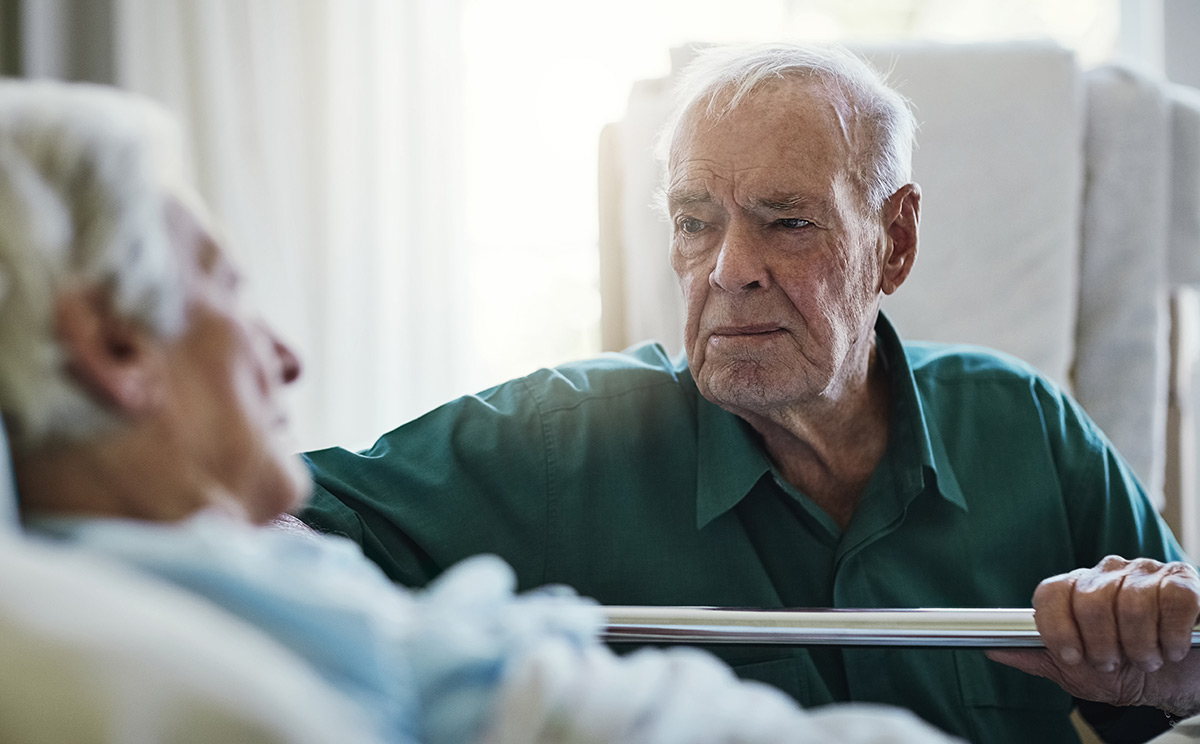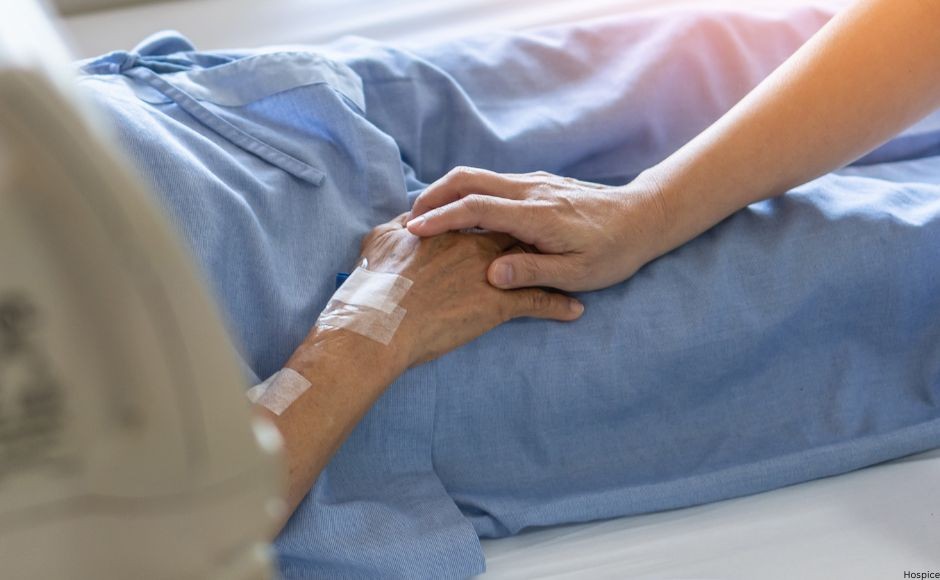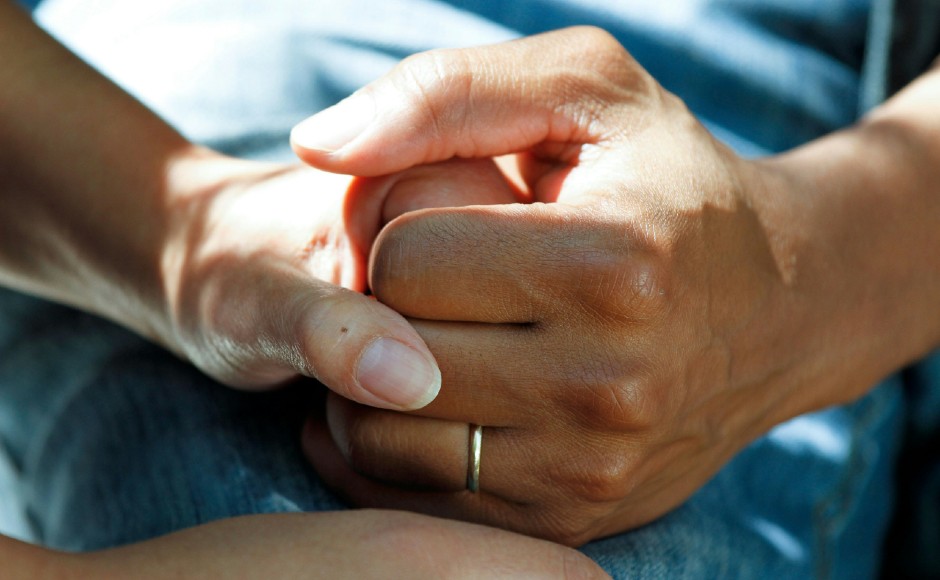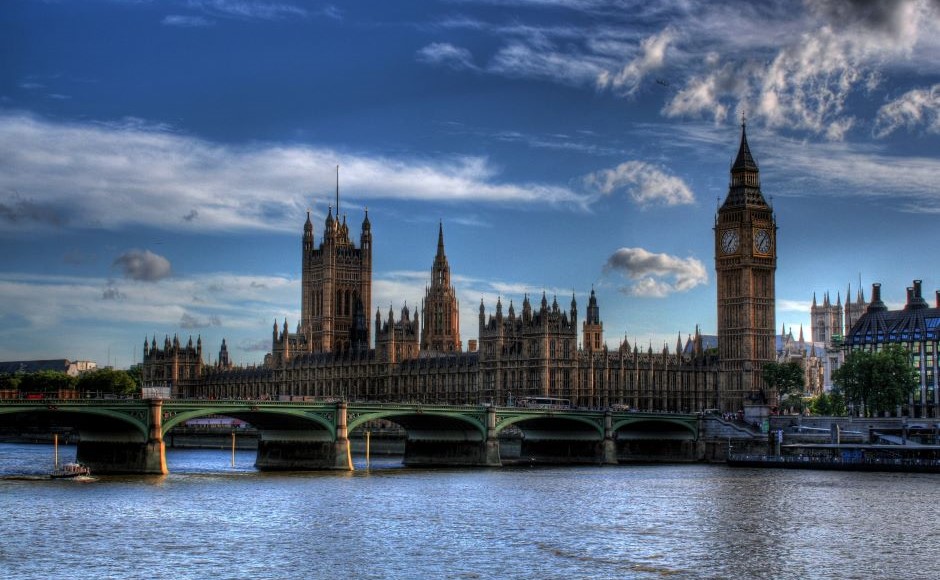Church responds to Holyrood assisted dying vote
Published on 13 May 2025 4 minutes read
A statement from the Church of Scotland in response to the Stage One vote of the Scottish Parliament on the Assisted Dying for Terminally Ill Adults (Scotland) Bill.

The Rev Dr John Ferguson, Convener of the Church of Scotland Assisted Dying Working Group, said:
Church of Scotland members have been praying for MSPs in the weeks, days and hours leading up to this vote. Death is something we will all experience, and we will all have our own views on how we may hope to die.
For Christians, death is seen in the context of our faith in God and the promise of the perfect light which awaits us.
The Church believes that all life is sacred, created by God. Human life is particularly special, as we are created in God's image. At the heart of our concern is a conviction that it is the right and duty of the Church, of society, and of each one of us to uphold and protect the dignity and worth of human life.
This principle can lead to divergent opinion on assisted dying. Our historic position has been consistent in opposition to assisted dying and euthanasia. This position is under review; we have been studying the ethical, spiritual, theological and practical issues related to assisted dying for the past two years, and our final report is due to be discussed at the General Assembly on Monday 19 May.
Today MSPs have voted to support the broad principles of the Bill. We are aware that the result of today's vote will mean different things for each of us and acknowledge the depth of feeling this will bring.
We have views on the implementation of the Bill. Where we have concerns we will continue to press MSPs for safeguards. This includes especially the need for greater support for palliative care. There is an urgent and pressing need to improve the availability of and equitable access to palliative care. We have a concern that someone may wish to seek an assisted death because the palliative care on offer was inadequate. A wider conversation about end of life issues which goes beyond the assisted dying debate is needed.
The Church is not separate from the implications of the Bill, and we will continue to be involved in highlighting those issues which will have far-reaching consequences for our work.
It is important that, as this Bill now makes its way through Parliament, robust and thorough scrutiny takes place. Many issues exist that need to be discussed further and resolved. This includes concerns we have raised about eligibility, safeguards and social care:
- On eligibility, we recognise very clearly the concerns that have been expressed about the future expansion of eligibility criteria.
- On safeguards, how do we ensure that vulnerable and disabled people are protected, and how will this be monitored and reported on and what guarantees can be put in place to prevent the extension of the Bill?
- On social care, how will assisted dying impact on the provision of social care, particularly with regards to institutions running or staff members employed to work in residential care homes – will they have a freedom to choose not to facilitate assisted dying for their residents, or would a resident's wish override the values of the organisation or its employees?
One of the conclusions of our work is that the Church can be honest and acknowledge that there is a diversity of views about assisted dying within our membership, as there is in wider society.
The issues of life and death, of pastoral care, bereavement, and funerals are an essential part of parish ministry and health chaplaincy.
Acknowledging the integrity with which these different views are held does not make the Church neutral on this issue. The report coming to next week's General Assembly is better described as seeking to be fully engaged. It is in a spirit of openness and respect that we have sought to listen to and understand all sides of the debate as fairly and as objectively as possible.
There are decided views and strong feelings across the Church of Scotland. The report coming to the General Assembly next week accepts the integrity with which these views are held, even when they are contradictory.
This is a solemn issue and views on both sides have been made with seriousness and out of concern for the wellbeing of others.
It will be for the General Assembly to determine a response to our report and in the context of Parliament's vote on the Assisted Dying for Terminally Ill Adults (Scotland) Bill.


